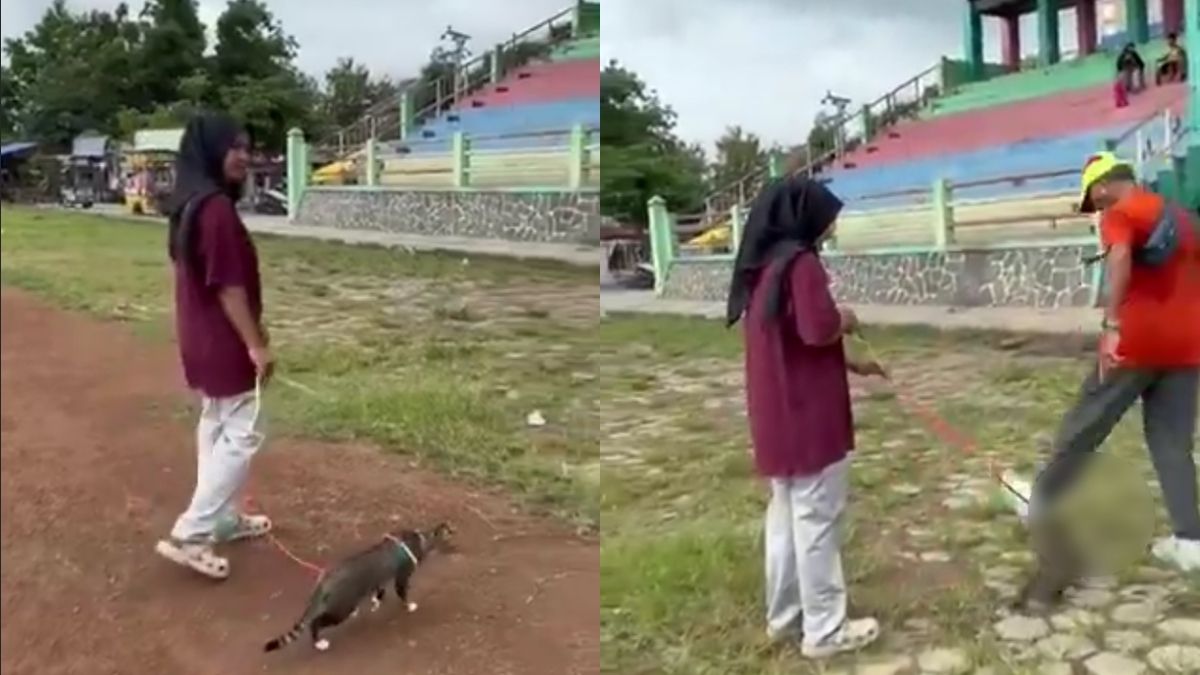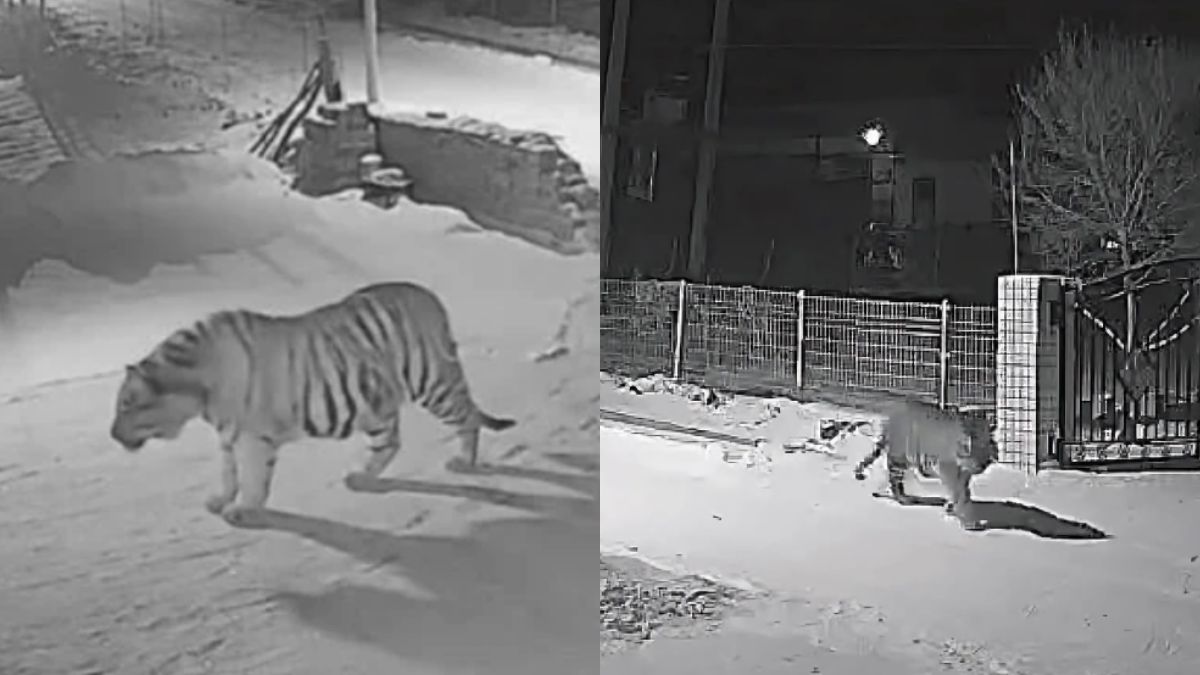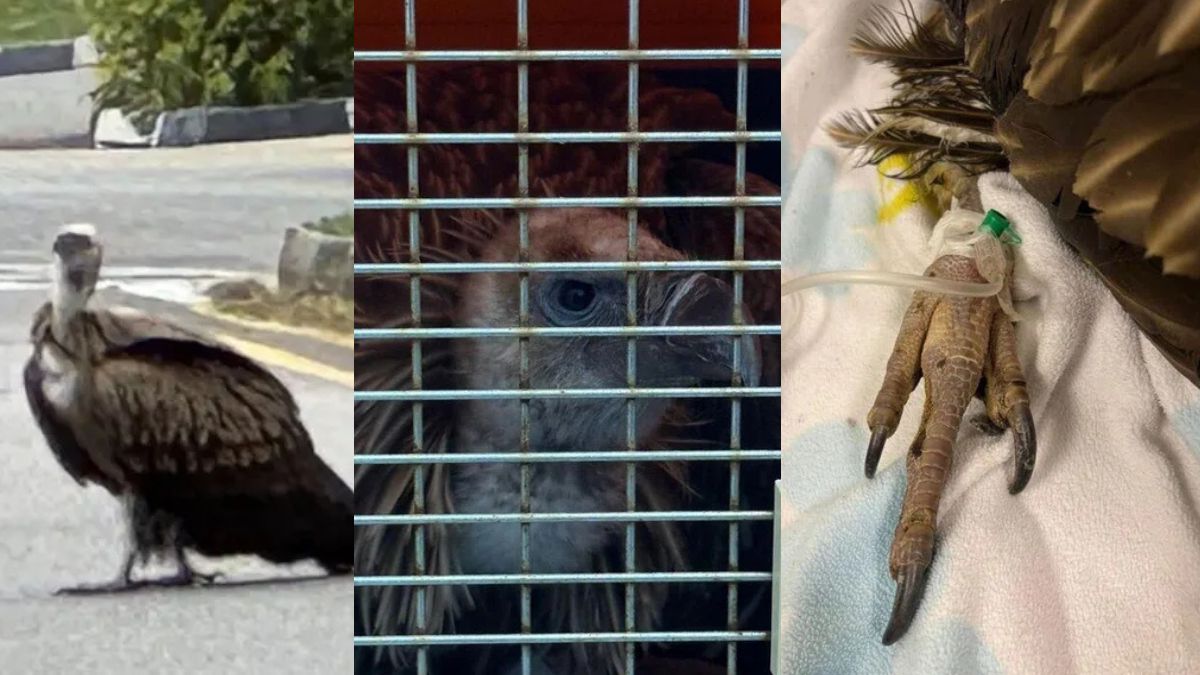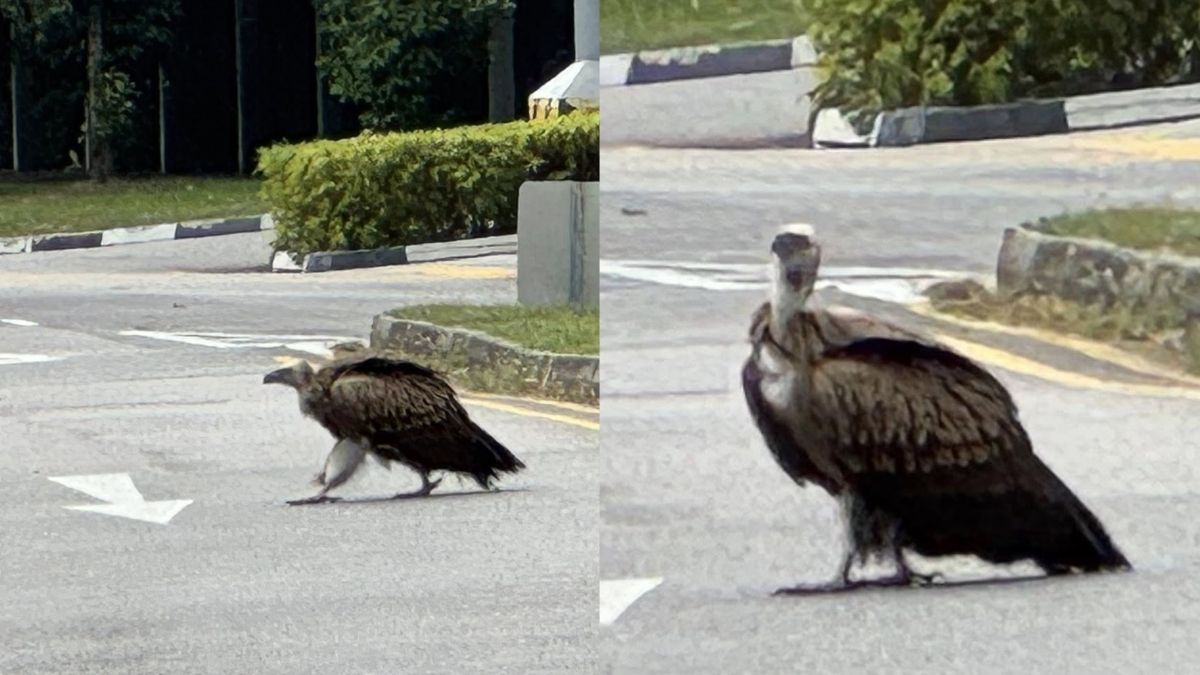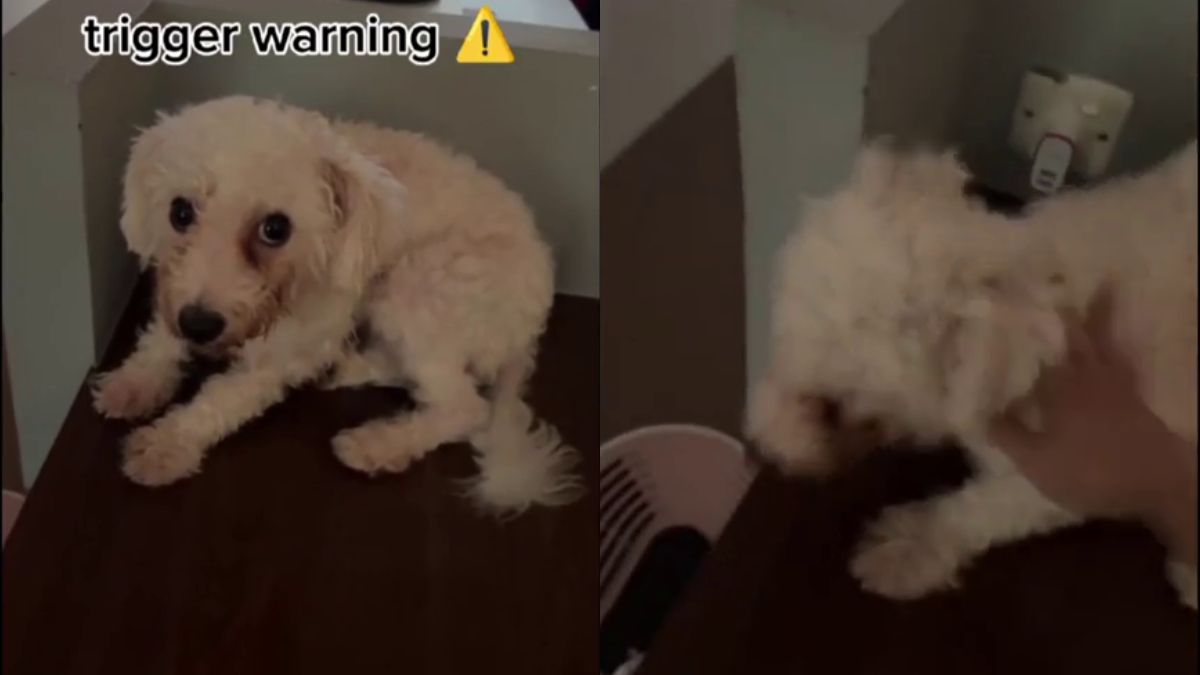NParks: 61 cases of cats and dogs allegedly falling from heights since September 2024
NParks reported 61 cases of cats and dogs falling from heights between September 2024 and August 2025. Most involved cats, with 21 pet owners investigated under new safety rules. Authorities and experts urged preventive measures and public vigilance against such incidents.
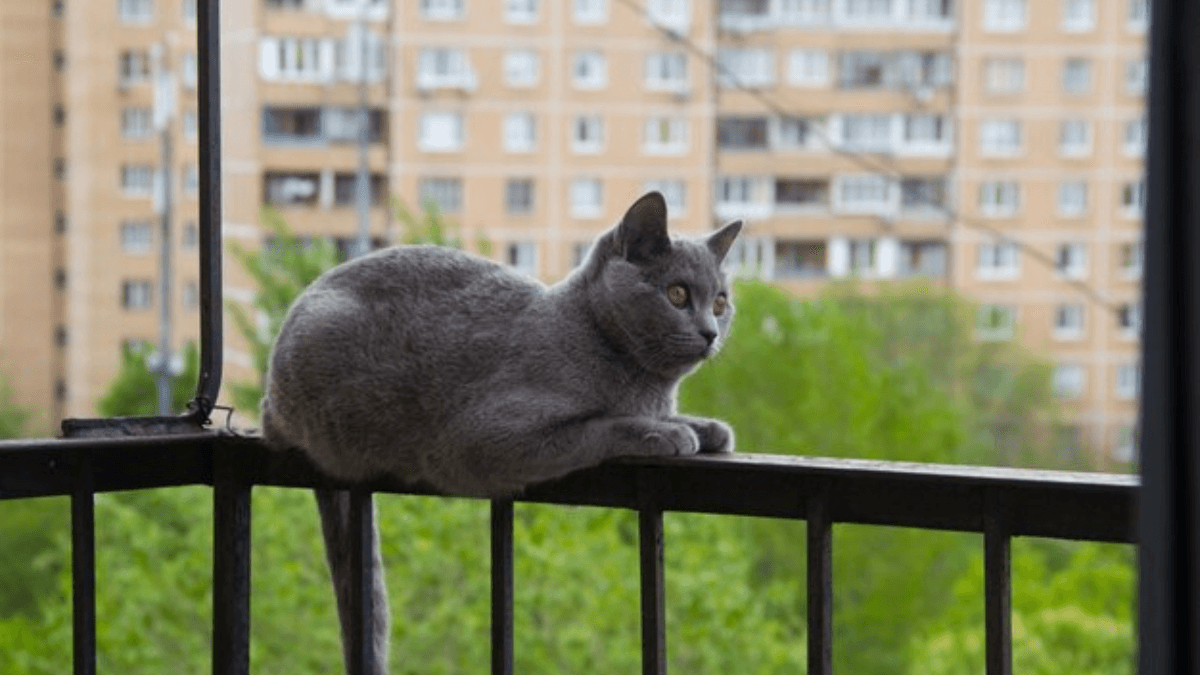
- NParks recorded 61 incidents of cats and dogs falling from heights between Sept 2024 and Aug 2025, mostly involving cats, with 21 pet owners investigated under new safety rules.
- No prosecutions or fines have been issued so far, but warning letters were given in cases such as a cat in Yishun and a dog in Marine Parade that died after falling from open windows.
- The public is urged to report unsafe conditions, as experts warn that many high-rise falls are preventable with measures like meshed or grilled windows.
SINGAPORE: A total of 61 incidents involving cats and dogs allegedly falling from heights were reported between 1 September 2024 and 31 August 2025, the National Parks Board (NParks) said at a media briefing on 15 October.
Of these cases, 55 involved cats, while the remaining six involved dogs.
“All these 61 cases, especially if it involves pet cats, could have been prevented,” said NParks group director Jessica Kwok, who provided the update following the implementation of new rules for pet owners on 1 September 2024.
New Rules for Pet Safety
The rules, introduced under the Animals and Birds (Licensing and Control of Cats and Dogs) Rules 2024, require pet owners to take reasonable steps to prevent their pets from being exposed to the risk of falling from a height, whether within their residence or elsewhere.
The reported incidents involved both pet animals and community cats, with NParks noting that community cats are particularly vulnerable as they live outdoors and roam freely.
Of the 61 cases, 29 did not breach the new regulations. These included incidents involving community animals not covered by the rules, cases where the cause of injury or death was likely unrelated to a fall, and cases where ownership could not be established due to insufficient information.
Investigations and Enforcement
Of the remaining cases, NParks investigated 21 incidents involving pets — 19 cats and two dogs — and took enforcement action against the owners. The other 11 cases are still under investigation.
Kwok stressed that these were not cases of intentional cruelty.
“Very often, owners didn’t think it would happen or didn’t expect it to happen; therefore, it is very important for owners to be aware of high-rise syndrome, especially for cats,” she said.
High-rise syndrome refers to incidents where pets fall from a height, often resulting in serious injuries such as broken bones and internal trauma.
Depending on the circumstances, actions taken against owners may include advisories, warning letters, fines, or prosecution. So far, no owner has been prosecuted or issued a composition fine.
Examples of High-Rise Incidents
In April 2025, an injured pet cat was found at a void deck in Yishun and later died from its injuries. NParks found that the cat had likely fallen from the seventh storey of a residential unit.
While the owner had installed mesh on some living room windows, the kitchen windows were unmeshed, and NParks concluded that the cat had likely fallen through one of the unprotected openings.
In another case in June 2025, a pet dog was found dead at the foot of a Marine Parade apartment block.
Investigations revealed that the dog had likely fallen from a third-floor unit after being left alone with the living room window open. It was believed to have stepped onto a sofa beside the window before falling.
Both pet owners received warning letters.
Expert Advice on Pet Safety
Singapore Veterinary Association president Dr Teo Boon Han warned of the severe consequences of high-rise falls.
“While cats have a righting reflex that allows them to twist midair and land on their feet, the impact from a fall can still cause severe or fatal injuries,” he said, correcting the misconception that cats can safely survive such incidents.
He added that dogs are also at risk, particularly when kept in unsecured premises.
“Falls among dogs are less common, but they are usually more catastrophic as dogs are heavier, less agile, and unable to reorient their bodies during a fall,” said Dr Teo, who is also a veterinarian and pet nutritionist at Canopy Veterinary Centre.
In September, a husky was found confined to a service balcony of a 35th-storey HDB flat in Toa Payoh and was taken into NParks’ care due to unsafe housing conditions. Investigations are ongoing.
Public Role in Prevention
Kwok urged residents and the public to report any suspected unsafe conditions or animal welfare concerns immediately. Members of the public can report incidents, including pets falling from heights, directly to NParks.
A January report by the Society for the Prevention of Cruelty to Animals (SPCA) recorded 134 cases of high-rise syndrome in 2024, involving 141 animals.
The SPCA noted that many of these incidents could have been prevented by securing home entryways — for example, by installing grilles with closely spaced gaps or fully meshing windows and gates.


